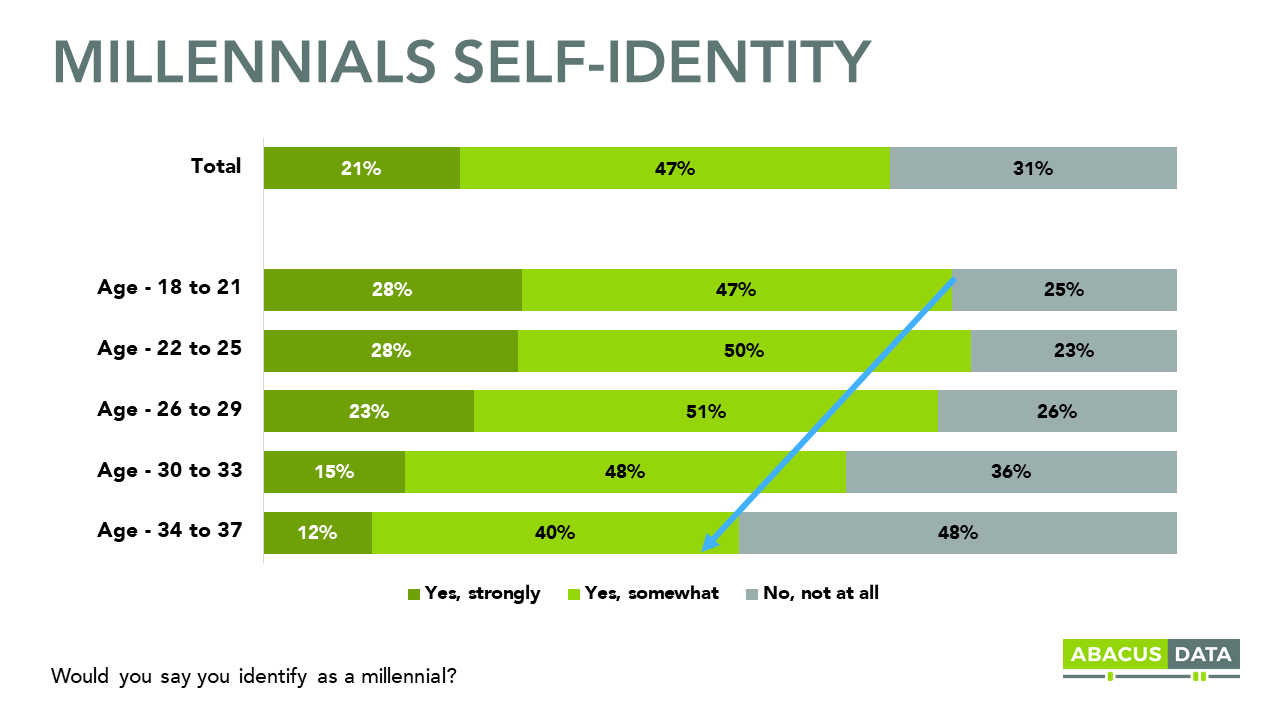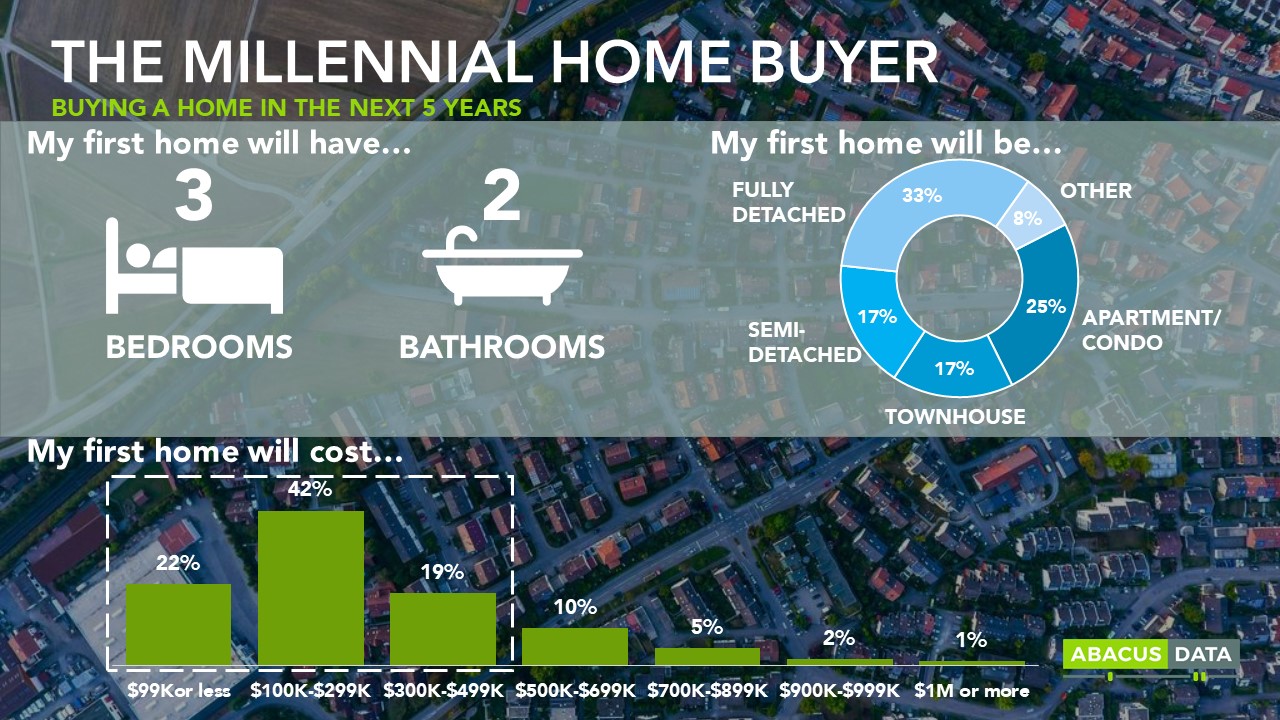Millennials – a unified tribe or disjointed mob: Millennial Self-Identity
April 12, 2018
Entitled, narcissistic, tech savvy, needy, immediate gratification, these were the top five descriptions that Baby Boomers came up with to describe their offspring, the Millennial generation. Lazy, entitled, spotty employment, tech savvy, educated, these were the top five descriptions Millennials used to describe themselves! More than half (53%) of Millennials agree that these terms accurately describe their generation. Despite the negative connotation of many of the labels Millennials themselves say that while negative, they are nevertheless accurate.
Now, often in research we witness the phenomenon of group disassociation. This is when a person describes the group they belong to (say Millennials) but removes themselves from that stereotype. Generally speaking, people don’t like to associate themselves with a negative reputation and recognizing that the majority of the labels associated with Millennial generation are negative we wondered if this phenomenon was occurring here. That is, while most Millennials agree that the terms are accurate to describe their generation, they themselves don’t count themselves as one of those stereotypical Millennials. So, we asked Millennials whether or not they personally identified with the label Millennial. And what we found was that despite the negative connotation, 68% of Canadians born between 1980 and 2000 still self-identified with the title “Millennial”. Looking at these audacious numbers we decided to dig a little deeper.
We wondered if age was a factor in self-identification, that is, if older or younger Millennials were more or less likely to think of themselves as a Millennial. Of those born at the beginning of Millennial age (1980-1983) we see that only about 1 in 10 actually take on the name Millennial. Yet, as we get to the younger cohorts we find this name adoption increases where more than double (28%) of 18-21 year olds strongly self-identify as a Millennial.

So, what does all of this mean? Well, for starters, much like the Baby Boomer generation most Millennials take on the name of their generation. Further, they accept that there are a number of negative stereotypes that come along with the title. Nevertheless, they feel like those stereotypes are pretty accurate. Perhaps this means that the taboo of marketing to Millennials is overblown. What our research also told us is that generation isn’t the strongest bond for this generation as it may have been for the Boomers. If you ask most Boomers who grew up in Western countries, you’ll find that they had fairly similar experiences. Typically, each belonged to a nuclear family unit, learnt similar skills in school, and can remember the same historic events which defined their time: the Cuban missile crisis, the moon landing, the death of Princess Diana or Kennedy, etc. Millennials haven’t had those historically uniting moments. For instance, in the cases of 9/11 the London bombings, or the middle eastern wars half of the Millennial generation was under the age of 11 when they occurred and for the majority, these events failed to directly impact their lives. While Millennials still agree that a generational label to describe common characteristics across their generation applies to them, they find that they can better relate to people of their same gender, members of their family, or those that share the same personal interests.
In practical application here are a few things to take away. First, Millennials, will answer to the name Millennial but know that it is accompanied with a lot of negative stereotypes. Second, Millennials for the most part haven’t had a common experience so messages that call back of late 80s and 90s nostalgia will only go so far. That contrasts with the Boomer generation who might be the most nostalgic generation since the survivors of the Great Depression, ask them to tell you how great the 60s were sometime. Millennials are more segmented. They unite along interests, their professions, and their familial upbringing. Targeted calls to action to motivate this generation, whether it be to buy a product or vote for a political party are needed more than had been necessary with the Baby Boomer generation. In sum, Millennials are a self-identifying generation, they are hard to reach, and are familiar with self-deprecation. You can reach them and mobilize them, but it takes a concerted effort.
The majority of this data came from the Canadian Millennials Report which is Canada’s largest reoccurring syndicated publication dedicated to understanding the views of Canadian Millennials. We survey 2,000 Millennials twice a year tracking their attitudes over time and their perceptions of current issues.
At Abacus Data we take understanding the next generation seriously. We are the only research and strategy firm that can help your business or organization respond to the unprecedented threat of generational change and technological disruption. If you want to know how your business or organization can succeed in the Millennial Marketplace Contact us to learn about our array of bespoke products and services that can make you an industry leader.



